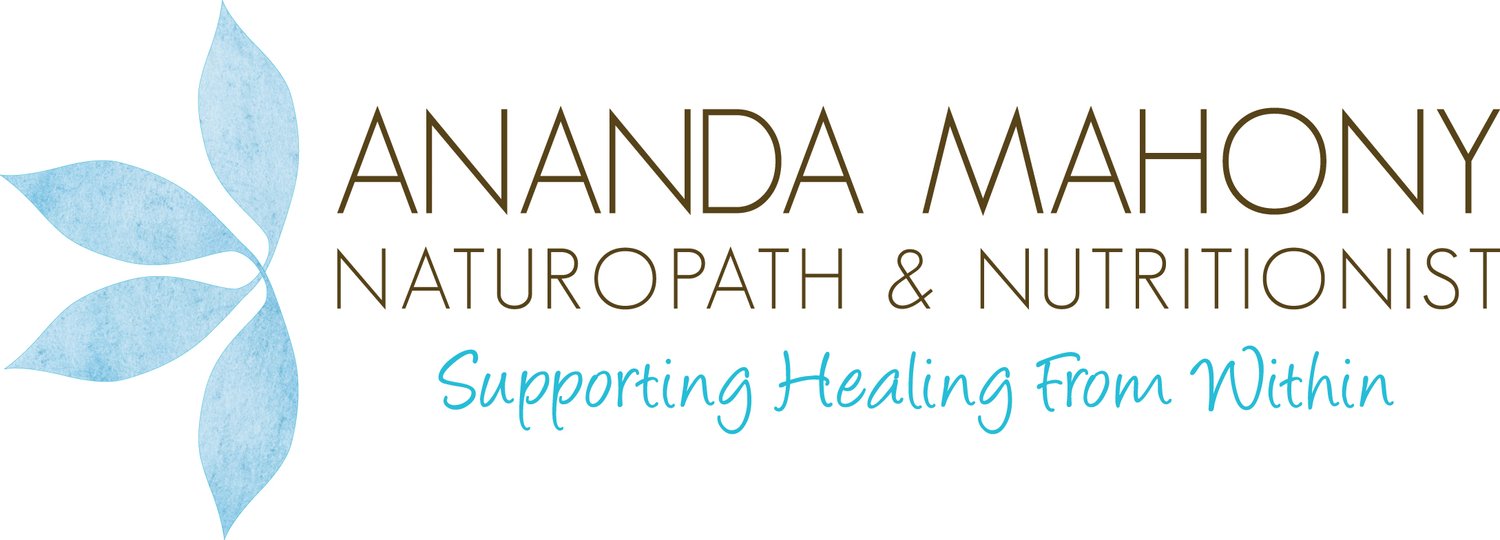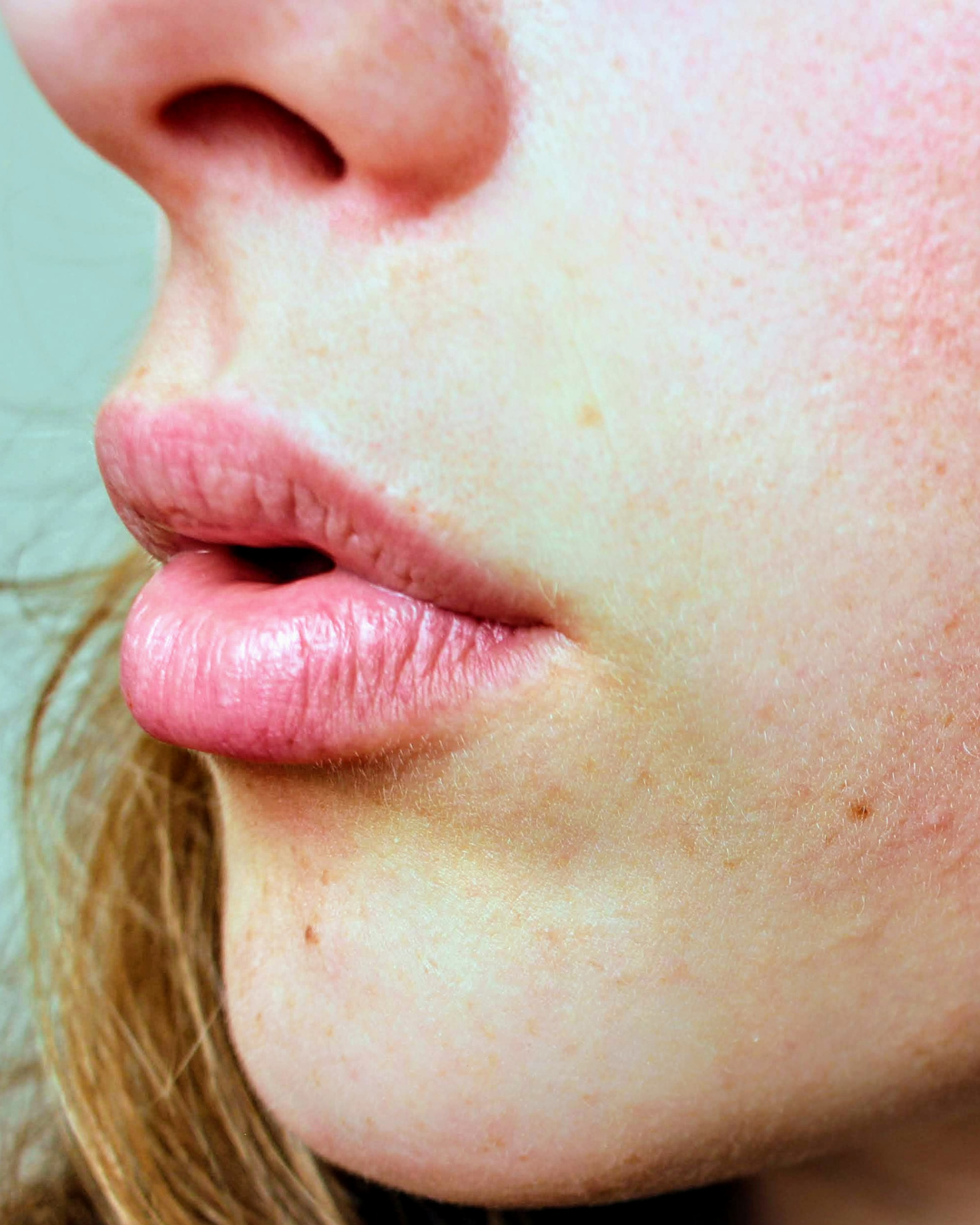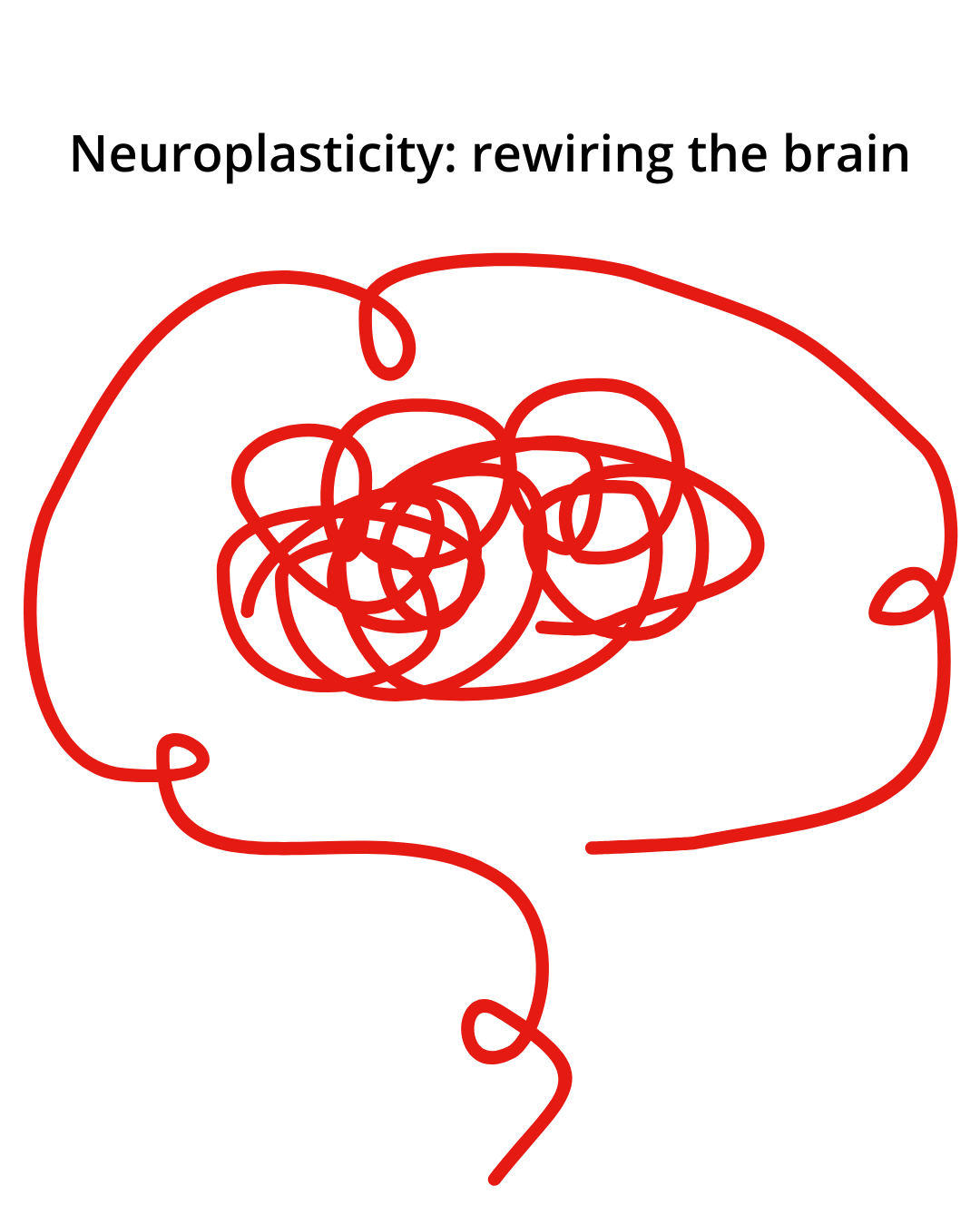Blog
Educate & Motivate
Learnings, teachings and tips & tricks to educate and inform on the topics of skin health and chronic pain.
Rosacea Severity: The Role of Lipids, Gut Function, and Histamine
Rosacea is not simply a facial flushing disorder or a cosmetic concern. It is increasingly recognised as a systemic inflammatory condition influenced by metabolic, gastrointestinal, and immune factors.
Chronic Pain Needs Both Brain and Body Approaches
The most effective change happens when you work both directions at once: easing the body’s distress signals while teaching the brain new interpretive patterns. Safety felt in the body reinforces safety perceived by the brain. A calmer brain reshapes how the body responds. The two directions feed each other in a healthier loop, and that’s where people finally get traction.
Chronic Pain: Stuck in Survival Mode
Once our nervous system is dysregulated, a triggering event, a small injury, surgery, infection, hormonal shift, or emotionally stressful period, can set off a prolonged pain condition in someone whose physiology is already primed. The nervous system isn’t just reacting to tissue damage; it’s reacting to the internal state of threat.
Covid causing skin issues?
Five years on and we are still seeing the effects of covid 19, this time through its impact on the gut-skin axis. Emerging evidence suggests that disruption of the gut microbiome caused by the virus may contribute to skin conditions such as rosacea, psoriasis, and eczema.
How Vitamin Deficiencies May Worsen Rosacea
If you're among those dealing with rosacea's persistent redness, bumps, and facial inflammation, new research from South Korean dermatologists offers interesting insights that could add to treatment approaches. The recently published study has revealed a connection between rosacea severity and deficiencies in B vitamins.
Can Diet Help Manage Endometriosis Pain?
When navigating the daily challenges of endometriosis, the idea that something as simple as changing what you eat or adding a supplement could ease your pain can be incredibly appealing. A new international survey, the largest of its kind has, shed more light on how much of a difference these changes might make.
The Impact of Diet on Rosacea
Understanding why certain foods trigger a rosacea flare is complex and diverse, with some individuals reacting to common triggers, and others not reacting at all. However, there are several categories of foods that can be individually evaluated and avoided if found to trigger flares.
Atopic Dermatitis & Staph aureus
One factor that has consistently emerged as a critical player in atopic dertmatitis is the presence of the bacteria Staphylococcus aureus on the skin. In this article Ananda looks at the issues with microbial overgrowth and strategies to help reduce the load on the skin.
Some things can’t be simplified!
A scroll through socials would have me believe that my skin issue or my pain is not because of the food I’m eating or my dairy intake or the topical products I’m using, but it all comes down to my gut health or my hormones or xxx. And yes, it might be a factor but is it just that simple? Fix this one problem and my xxx will resolve. Well, the simple answer is no!
The link between hormones & psoriasis
Hormonal effects aren’t always clear cut. It is important to keep in mind that different effects can be seen during different stages of the menstrual cycle, depending on a woman’s individual hormonal fluctuations.
The Skin Microbiome
A diverse skin microbiome helps regulate inflammation, ward off harmful pathogens, and promote overall skin resilience. Loss of skin microbiome stability (dysbiosis) has been linked with acne, eczema, psoriasis, rosacea, body odour, tinea and a host of other skin conditions.
The Link Between Long COVID and Hypermobility
Over the past three years, I’ve noticed a significant increase in the number of long COVID patients seeking support in my clinic. As the pandemic has evolved, so too have the symptoms and challenges associated with long COVID (LC). What’s particularly striking is the range of presentations, from lingering fatigue and brain fog to unexplained physical discomforts. Interestingly, a connection has emerged with joint hypermobility, a condition where joints move beyond the typical range.
The Gut-Joint Connection
Traditionally, OA has been understood as a condition driven by mechanical factors such as joint wear and tear and genetic predisposition. However, recent research reveals that inflammation plays a causal role in the disease’s progression and symptoms.
A naturopathic approach to Rosacea
As a condition I suffered myself in my 20s and early 30s, I have been interested in how to manage rosacea more effectively. I recently took a deep dive into this skin condition with Emma Sutherland from Fx Medicine. Listen to the podcast here for details about the complex nature of this progressive inflammatory condition, the causes and risk factors of rosacea, and how the gut plays a pivotal role in symptom manifestation and progression.
The SIBO Doctor Podcast
In this episode I talk with Nirala Jacobi, The SIBO Doctor about some of the mechanisms that drive chronic pain with a special focus on how dietary factors, microbiome imbalances and the nervous system play a role in the development of pain.
Group Naturopathic Consults for Endometriosis 2023
As you may know, I have recently completed a clinical trial for Group Naturopathic Consults for people with Endometriosis. It was such a fantastic experience to take this beautiful group of humans on a journey through 12 weeks of education, sharing and support. The good news is that we are now running more naturopathic group consults for endometriosis.
Has baby spinach been over done? Time for food diversity.
Is baby spinach or iceberg lettuce your favourite, and often only green in a salad? Or do you go for variety and diversity? Limiting food choices can lead to missing out on a variety of plant chemicals, many of which have numerous health benefits including the potential to reduce oxidative stress.
Is modern life responsible for skin conditions?
Is modern life responsible for skin conditions?The skin is a protective barrier between the outside world and our internal processes. Living on the skin is a whole world of microbes otherwise known as the skin microbiome. This bacterial world plays a key role in maintaining skin health and those that inhabit our skin surface have many beneficial roles, both topically and more internally.
Nutrition for psoriasis
When it comes to inflammatory skin conditions such as psoriasis, nutrition is a key factor in disease management and several studies are showing that the keto diet may be detrimental for psoriasis. The keto diet is a low carbohydrate diet with up to 50% of food intake from fats. It has gained popularity over the last decade, promoted for various conditions from Alzheimer’s to obesity. This eating pattern is popular but what are the effects on psoriasis?
Start your journey to feeling better
Book a discovery call or your appointment through Vibe Clinic’s convenient online booking system.





















